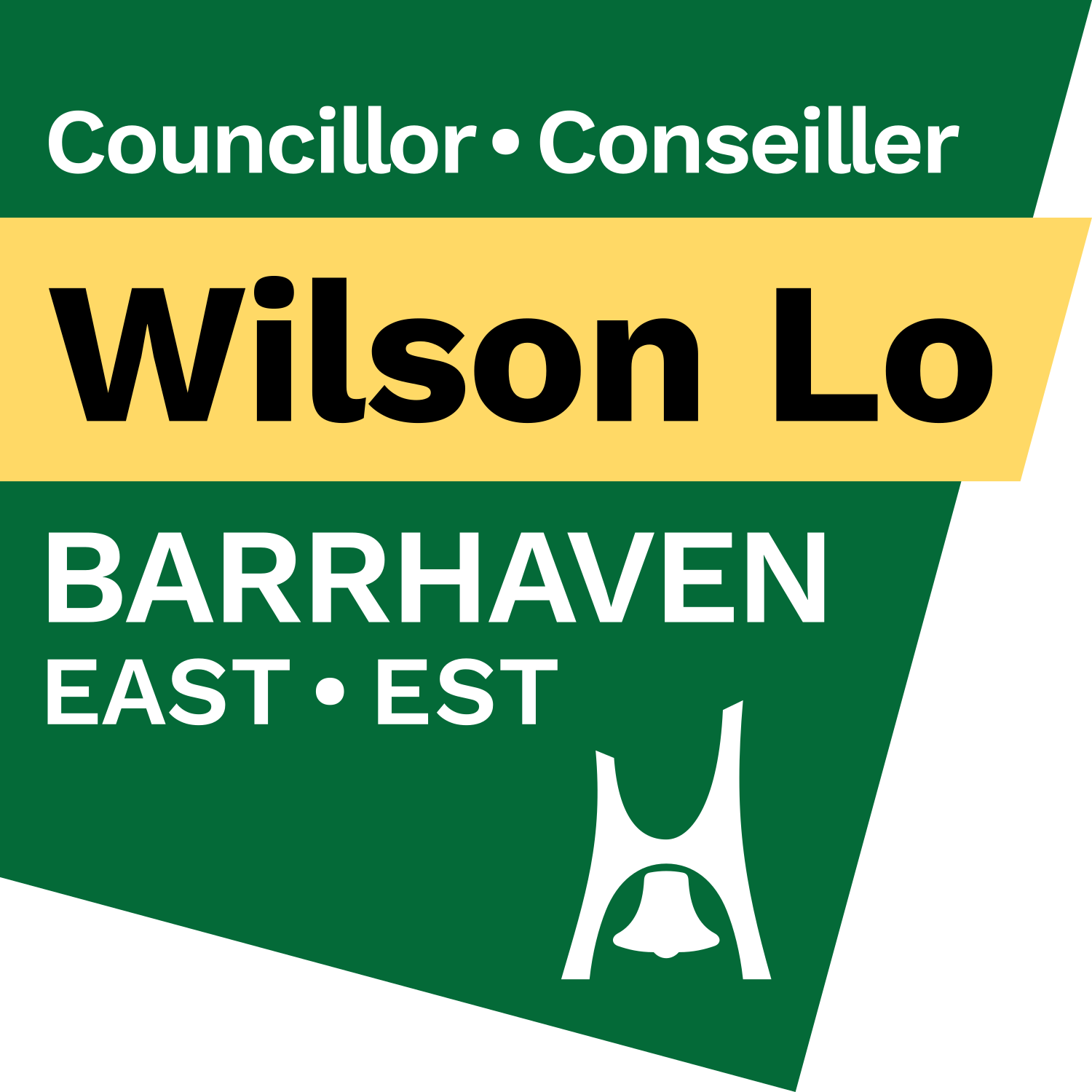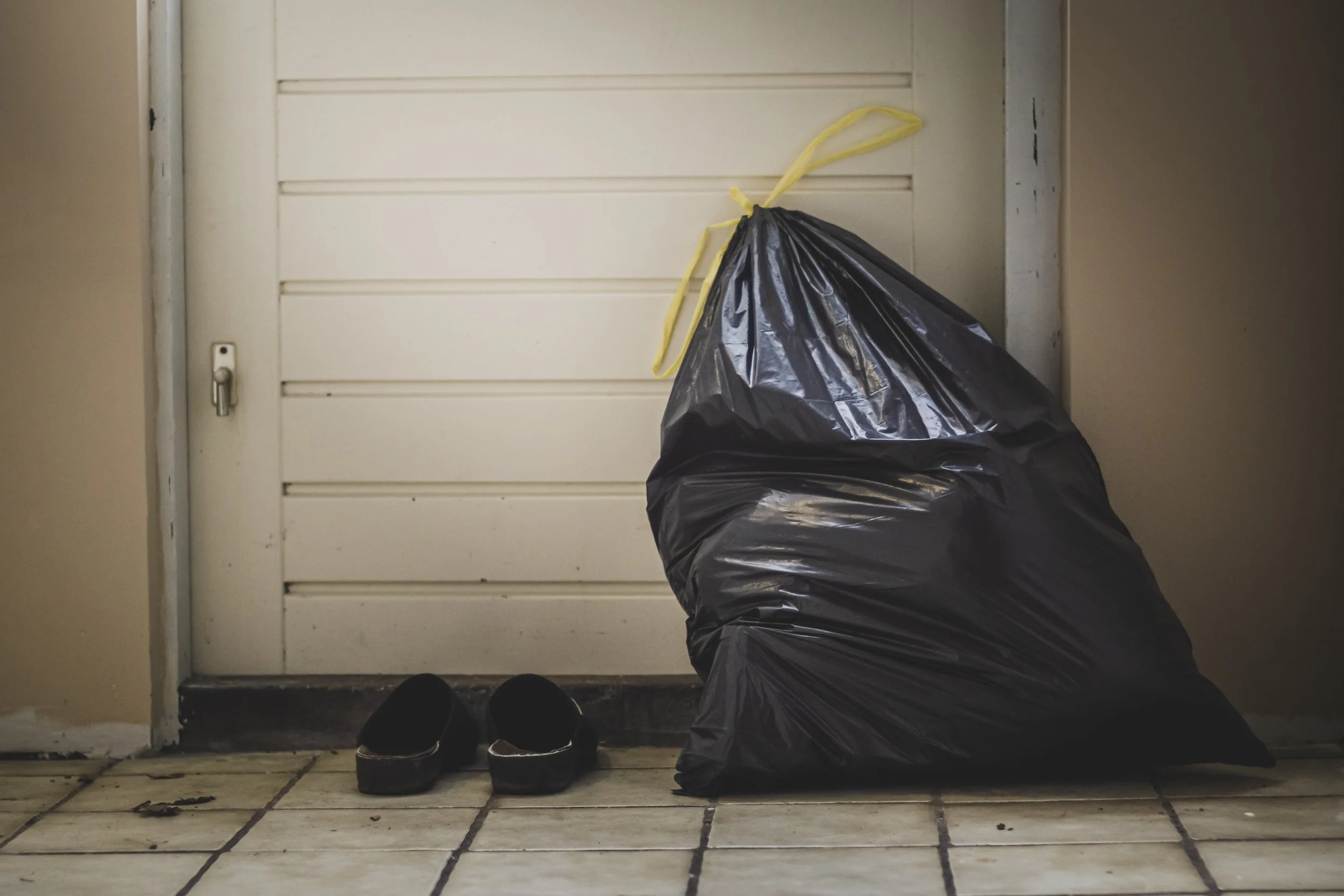City considers new curbside garbage policy to divert waste from landfill
To reduce unnecessary waste going to landfill and increase participation in recycling and Green Bin programs, the City is considering a new policy to change curbside garbage collection in Ottawa to a partial pay-as-you-throw program.
In a briefing to Members of City Council, staff presented an overview of the recommended policy, which the Environment and Climate Change Committee will consider on Monday, June 5.
Should Council approve, households receiving curbside garbage collection could set out 55 garbage items each year at no additional cost, beginning in Q2 2024.
All garbage items placed at the curb would need a tag to be picked up.
Households would be given 55 tags per year as a part of their Solid Waste User Fee, included on their tax bill.
If households run out of tags before the end of the year, they would have the option of purchasing extra tags for $3 each.
A garbage item could be a garbage bag, container or bulky item. Households can put several smaller bags in containers up to 140 litres with no need to purchase additional bags or tags.
There would continue to be no limit to how much residents can set out through curbside recycling and green bins.
This system is more commonly known as tag-a-bag, where garbage is treated as a utility. Like hydro, water and natural gas, households would pay based on how much they use the program. It also offers flexibility for varying amounts of garbage generated week-to-week, and for circumstances when residents need to set out more garbage than their annual allotment.
The recommendation of 55 tags per year is in line with the best practice of setting garbage item limits at or below what the average household sets out. On average, Ottawa garbage set-outs include two garbage items every other week, and 74 per cent of garbage set-outs include two items or fewer every other week, which would put them within the allotted amount of 55 tags per year.
To support households with unavoidable medical waste, the City would expand its special considerations program – which allows eligible residents to set out diapers and incontinence products for collection on off weeks – to accept non-hazardous medical waste. This would not count toward a household’s annual allotment of tags.
Staff would report back to Council with an implementation plan by Q1 2024, before the new program rollout in Q2 2024. This report would include strategies to address challenges and mitigate risks, and a comprehensive plan to guide residents through the change
Partial pay-as-you-throw is a proven policy that encourages residents to change their waste disposal habits. Pay-as-you throw models are used by 132 other municipalities in Ontario, all of which have seen increased waste diversion and reduced tonnage to their landfills. The proposed policy is estimated to reduce garbage tonnage by up to 19 per cent per capita in year one and up to 28 per cent in year five, and increase the curbside waste diversion rate by up to six per cent.
The new program would help the City meet targets set out in the Province’s Food and Organic Waste Policy Statement, which calls for a 70-per-cent reduction and recovery of food and organic waste from landfill by the end of 2023. It would also reduce the amount of unnecessary waste going to the Trail Waste Facility landfill, which could reach capacity in 13 to 15 years if more waste is not diverted. A new landfill or alternative technology, such as a waste-to-energy transfer facility, would take up to 15 years to establish and cost $300 to $450 million. This policy is part of a multi-pronged approach to extend the life of the landfill and defer the need for a costly new residual waste management solution.
Residents can read the report online, and watch or listen to the June 5 meeting of the Environment and Climate Change Committee to hear the staff presentation.
This policy supports the ongoing development of the Solid Waste Master Plan, which will guide how we manage waste over the next 30 years in a socially, environmentally, and economically responsible manner. Visit ottawa.ca/wasteplan to get regular updates, register for workshops and join the conversation.


